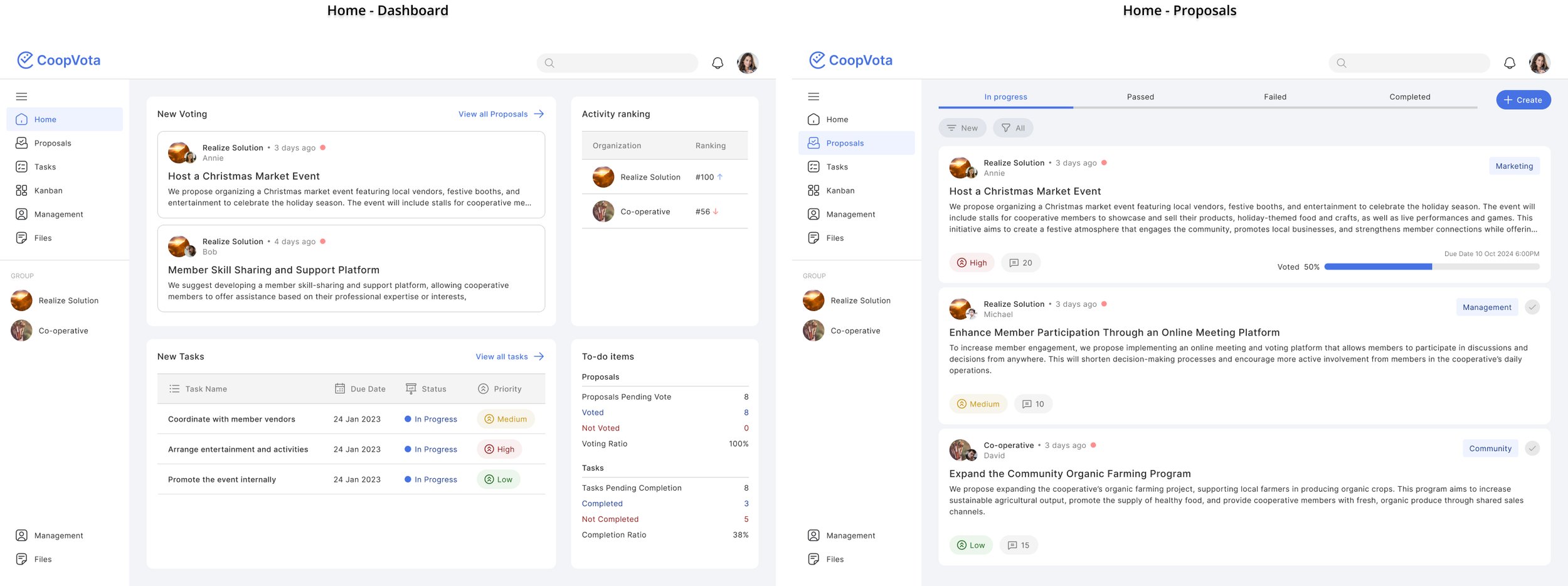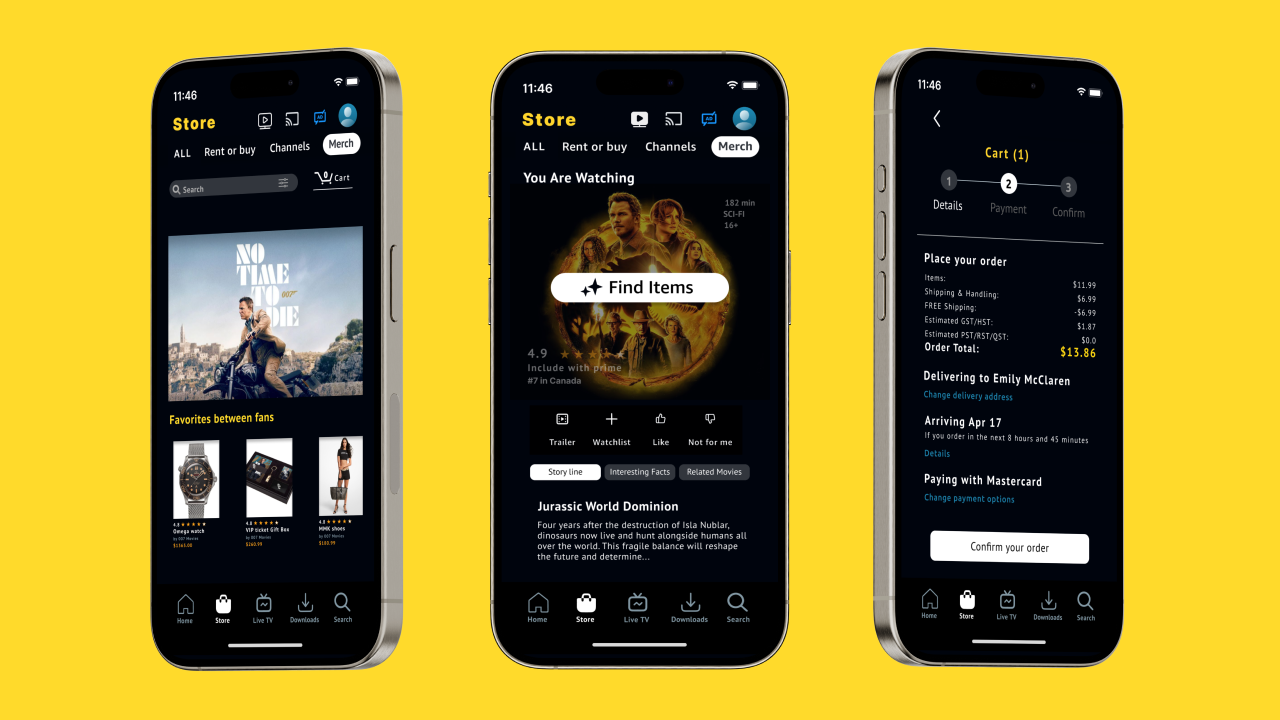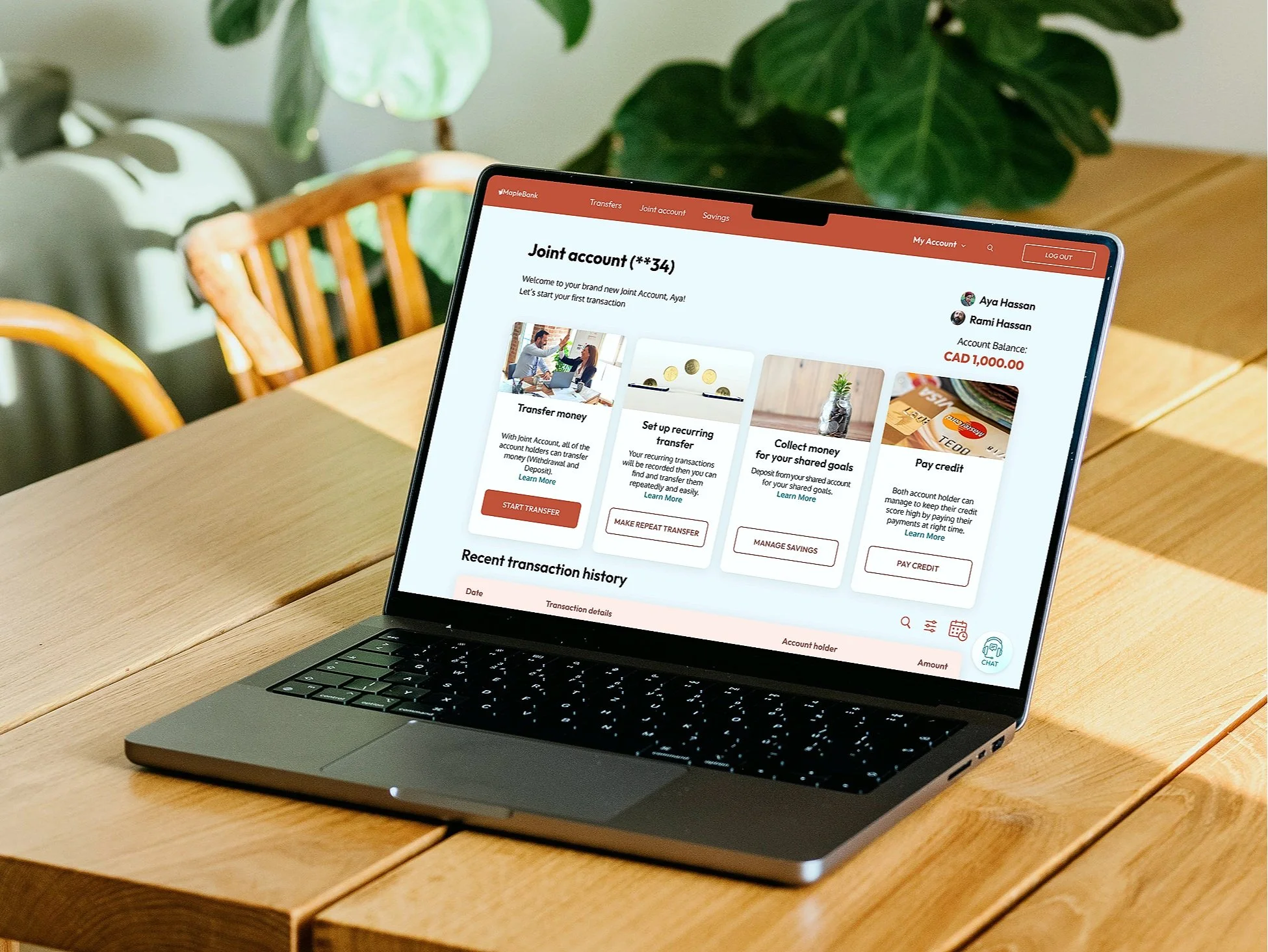CoopVota
Resolution System
Designed to enhance decision-making in co-ops and similar organizations.
CLIENT
Realize Solution is a team of strategic thinkers who fuse data, research, deep experience, and a network of solvers to design outcome-oriented solutions for organizations with leadership, governance, and strategy challenges.
PROJECT
Design a prototype for a resolution system that enhances engagement, flexibility, and transparency in the decision-making process for cooperatives.
ROLE
UX/UI Designer and UX Researcher
DELIVERABLES
Wireframes and mock-ups for core features, and Presentation.
Overview
Background
Cooperatives (co-ops) and similar organizations often struggle with keeping member trust and engagement because of outdated or inefficient systems for handling resolutions and voting. They say they value member input, but the reality often falls short due to clunky processes and a lack of modern tools.
Objectives
Developing a new software resolution tool that provides smoother and more transparent decision-making process.
Facilitating democratic decision-making.
Designing an intuitive interface that facilitates voting, and resolution tracking.
Considereations
How Might We…?
-
How might we design a suitable governance structure to encourage all members for better and more communication and engagement?
How might we simplify the decision-making process to reduce frustration, stress, and confusion that prevent members from engaging fully in the decision-making process?
How might we build trust and foster deeper relationships between members to ensure all members feel they have an equal voice in decisions?
How might we foster a culture of collaboration that promotes equal participation from all co-op members?
How might we create a decision-making process that is fully transparent to all co-op members?
Process
Research
Co-operative Business Models
I've started to learn more about cooperative business models in comparison with other models. I've learned that in co-ops, all members have one vote, and they are governed by a board of directors.
Facts about Co-operatives
Challenges: Cooperatives face low member participation, lack of trust.
Management Issues: They struggle with untrained leaders, and limited awareness of cooperative benefits.
Growth Opportunities: Cooperatives can thrive through innovation, technology, better governance, and increased member engagement.
Competitor Analysis
I analyzed six competitors (both direct and indirect): Loomio, Kialo, NationBuilder, Consul, Helios Voting, and Decidim, in terms of decision-making processes, primary group focus, task delegation, and transparency.
Based on the competitor analysis I conducted, I found that there is still room for improvement in areas like democratic decision-making, task delegation, user-friendly tools, group engagement, and building trust.
Potential Users
Value Proposition
Value to Members/Users: People want to know where they stand in the decision-making process.
Value to the Organization: More engagement from everyone involved. This ensures a balance between the level of discussion and the importance of the decision.
Problem Statement
Cooperatives and similar organizations struggle with inefficient decision-making, poor resolution management, and low member engagement due to limitations in current tools and a lack of motivation to participate.
User Interview
Danny Spitzberg, a UX researcher specializing in the cooperative economy.
INTERVIEWEE:
METHOD:
Unmoderated remote session
LENGTH:
1 Hour
Choosing tools for democratic governance, identifying the goals and intentions of these tools, crafting effective proposals, and the strengths highlighted in the Loomio story.
TOPIC:
Define
Empathy Map
We synthesized our findings from primary and secondary research to create an empathy map, focusing on users thoughts, feelings, words, and actions.
Pain Points
Lack of transparency in the decision-making process
Difficulty tracking follow-through
No long term engagement on the app
Difficulty to prioritize resolutions for leadership
Lack of standardization
Persona
User Journey
Designing the solutions
Low-fidelity designed solutions ( Proposals and Tasks )


Information Architecture (Sitemap)
High-fidelity Wireframes
This is the logo + product name I was thinking about.
Logo explanation: It is composed of C+V and also symbolizes the check icon of voting. Two dots can represent two "o“s, or eyes, adding a bit of cuteness and fun
What I Learned: Sometimes We Need To Do More Research
The project initially started as a research-heavy initiative focused on behavioral science. We spent 80% of our time conducting research. Through contextual insights and user interviews, we were able to identify pain points and opportunities.
More Projects









